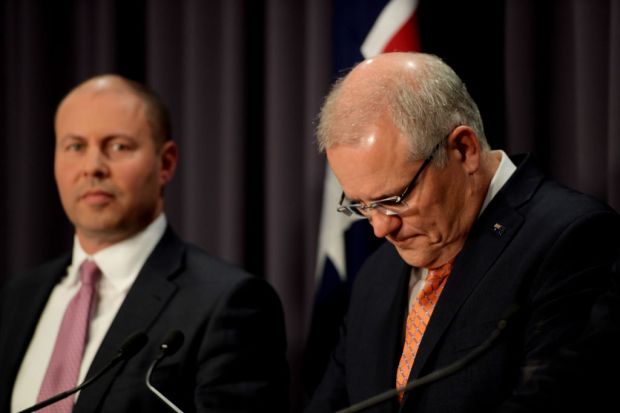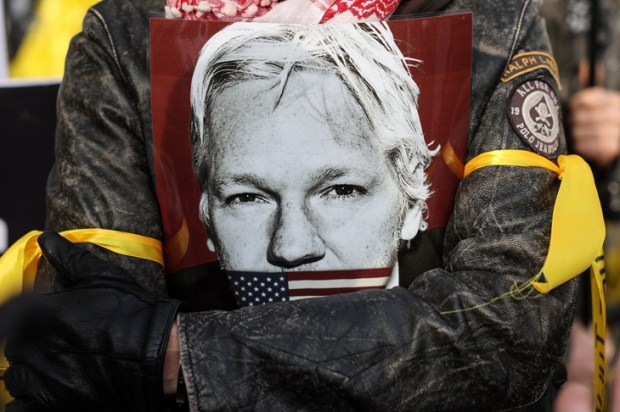The September quarter national accounts released last Wednesday have been interpreted by some commentators as heralding the end of the recession. If only that were true. Those commentators are confusing the change in economic activity with its level.
It is true that real GDP rose by 3.3% in the quarter — one of the largest quarterly increases on record — but it is also true that this followed the largest quarterly contraction on record, of 7% in the June quarter.
Already a subscriber? Log in
Subscribe for just $2 a week
Try a month of The Spectator Australia absolutely free and without commitment. Not only that but – if you choose to continue – you’ll pay just $2 a week for your first year.
- Unlimited access to spectator.com.au and app
- The weekly edition on the Spectator Australia app
- Spectator podcasts and newsletters
- Full access to spectator.co.uk
Or


























Comments
Don't miss out
Join the conversation with other Spectator Australia readers. Subscribe to leave a comment.
SUBSCRIBEAlready a subscriber? Log in